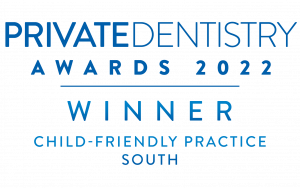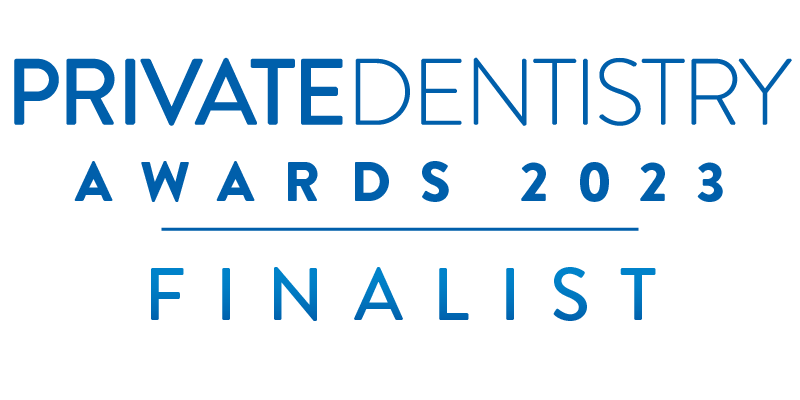Oral Cancer
Mouth cancer refers to cancer that develops in any of the parts that make up the mouth (oral cavity). Mouth cancer can occur on the:
- Lips
- Gums
- Tongue
- Inner lining of the cheeks
- Roof of the mouth
- Floor of the mouth (under the tongue)
Cases have increased by 49% in the last decade and by 135% compared with 20 years’ ago.
Symptoms
Signs and symptoms of mouth cancer may include:
- A lip or mouth sore/ulcer that doesn’t heal
- A white or reddish patch on the inside of your mouth
- Loose teeth
- A growth or lump inside your mouth
- Mouth pain
- Ear pain
- Difficult or painful swallowing
When to see a dentist/doctor
Make an appointment with your doctor or dentist if you have any persistent signs and symptoms that bother you and last more than two weeks.
Causes
Mouth cancers form when cells on the lips or in the mouth develop changes (mutations) in their DNA. These mutations tell the cells to continue growing and dividing when healthy cells would die. The accumulating abnormal mouth cancer cells can form a tumour. With time they may spread inside the mouth and on to other areas of the head and neck or other parts of the body.
Risk factors
Factors that can increase your risk of mouth cancer include:
- Tobacco use of any kind, including cigarettes, cigars, pipes, chewing tobacco and snuff, among others
- Heavy alcohol use
- Excessive sun exposure to your lips
- A sexually transmitted virus called human papillomavirus (HPV)
- A weakened immune system
Who’s affected by mouth cancer?
- Around 8,300 people are diagnosed with mouth cancer each year in the UK, which is about 1 in every 50 cancers diagnosed.
- More than 2 in 3 cases of mouth cancer develop in adults over the age of 55. Only 1 in 8 (12.5%) happen in people younger than 50
- Men are more likely to get mouth cancer than women.
- Mouth cancer can develop in younger adults. HPV infection is thought to be linked with the most mouth cancers that happen in younger people.
Prevention
There’s no proven way to prevent mouth cancer. However, you can reduce your risk of mouth cancer if you:
- Stop using tobacco or don’t start. If you use tobacco, stop. If you don’t use tobacco, don’t start. Using tobacco, whether smoked or chewed, exposes the cells in your mouth to dangerous cancer-causing chemicals.
- Drink alcohol only in moderation, if at all. Chronic excessive alcohol use can irritate the cells in your mouth, making them vulnerable to mouth cancer. If you choose to drink alcohol, do so in moderation. For healthy adults, that means up to one drink a day for women of all ages and men older than age 65, and up to two drinks a day for men age 65 and younger.
- Avoid excessive sun exposure to your lips. Protect the skin on your lips from the sun by staying in the shade when possible. Wear a broad-brimmed hat that effectively shades your entire face, including your mouth. Apply a sunscreen lip product as part of your routine sun protection regimen.
- See your dentist regularly. As part of a routine dental exam, ask your dentist to inspect your entire mouth for abnormal areas that may indicate mouth cancer or precancerous changes.



